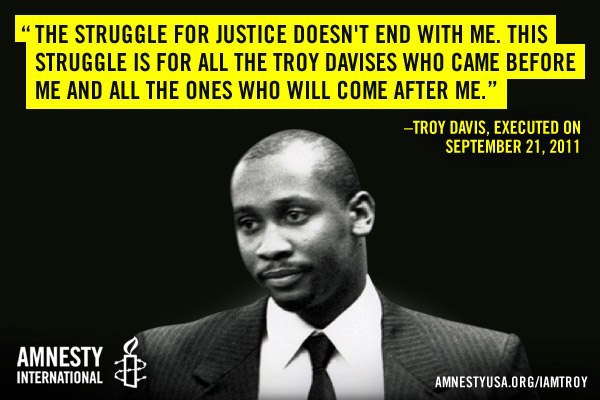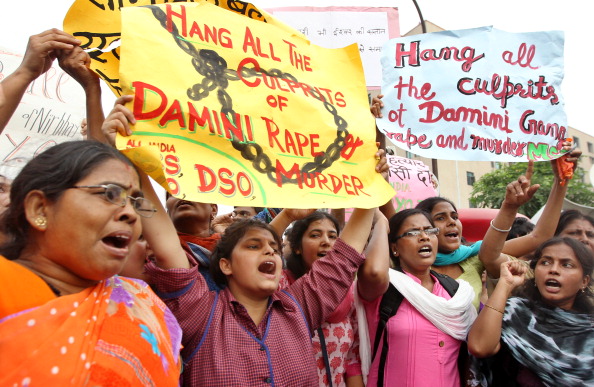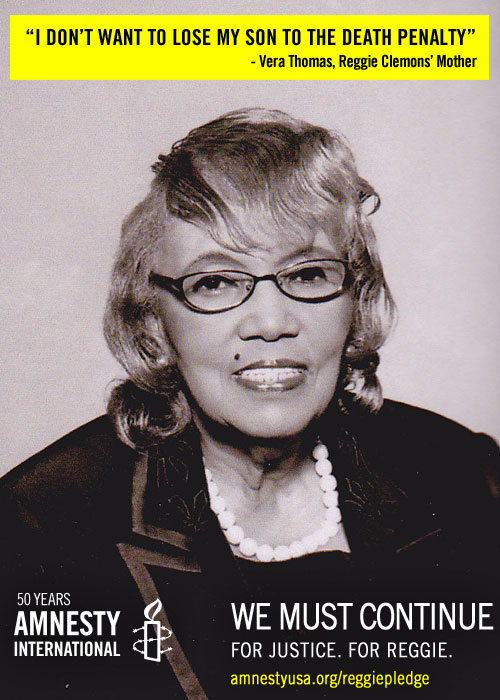
Andrea Hall was among the activists looking on when Gov. Martin O’ Malley signed Maryland’s death penalty abolition bill this March (Photo Credit: Marvin Joseph/The Washington Post via Getty Images).
By Andrea Hall, Regional Death Penalty Abolition Coordinator, Mid-Atlantic Region
I was late to the party, but I won’t be leaving early. I joined Amnesty’s death penalty abolition team in May 2011, just as the Maryland repeal campaign was kicking into high gear. I stood on the shoulders of giants, helping finish the decades-long work of those who came before me.
I joined the movement because I felt strongly that the death penalty is dead wrong. I grew up in Texas, where for many, executions are as revered as football, a cause for celebration. That lack of respect for the dignity of the human person has stayed with me.







